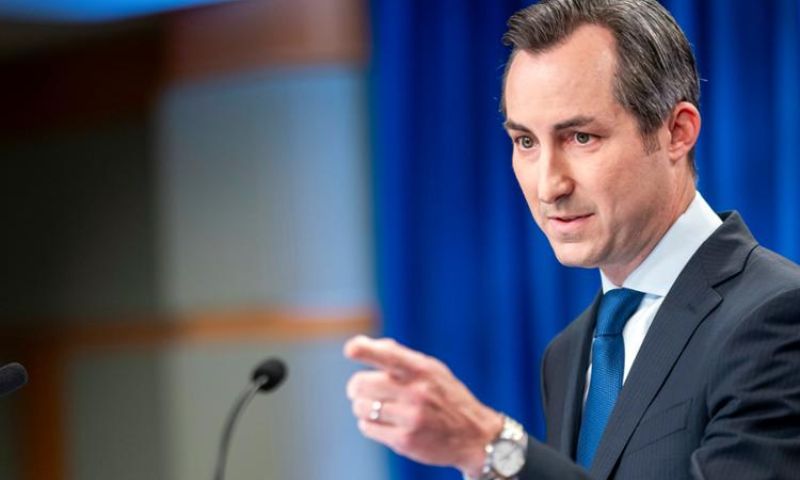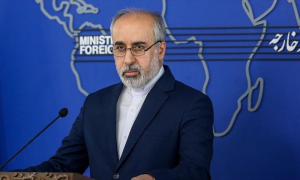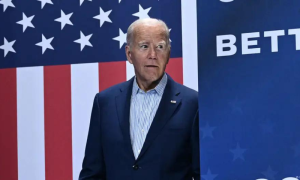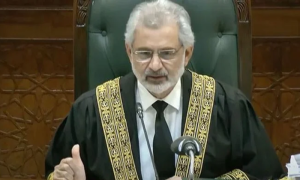WASHINGTON: The US Department of State reiterated its dedication to diplomatic engagement with North Korea on Monday following reports that the reclusive nation had reopened its borders to foreigners for the first time since the onset of the COVID-19 pandemic.
China’s state broadcaster, CCTV, confirmed North Korea’s complete lifting of border closures, initially imposed in January 2020. This development has sparked optimism for renewed engagement between North Korea and the international community.
Matthew Miller, the spokesperson for the U.S. Department of State, emphasized the U.S. stance on diplomacy with North Korea, stating, “We have always made clear that we welcome diplomacy with North Korea; that has been the policy of this administration since its inception. But North Korea has rejected it consistently.”
ALSO READ: N. Korea Discusses Outcome of President Kim’s Russia Visit
While the United States has expressed concern about North Korea deepening its military ties with Russia amid the conflict in Ukraine, Washington has signalled its willingness to engage in diplomatic discussions with Pyongyang to address issues related to the reclusive regime’s nuclear program and other concerns.
Direct nuclear talks between the U.S. and North Korea have remained stalled since the two nations conducted a working-level meeting in Sweden in October 2019, following the no-deal summit in Hanoi in February of the same year.
Simultaneously, White House press secretary Karine Jean-Pierre commented on the ongoing diplomatic efforts to convene a trilateral summit involving South Korea, China, and Japan. This initiative had been suspended since late 2019 due to historical disputes between Seoul and Tokyo, compounded by the challenges posed by the COVID-19 pandemic.
Jean-Pierre emphasized the U.S.’s respect for sovereign decisions made by nations in the best interests of their citizens, while also highlighting the importance of managing relationships responsibly with the People’s Republic of China (PRC) and its partners and allies.























